French President Emmanuel Macron and Russian President Vladimir Putin visited Kazakhstan, while Turkish President Recep Tayyip Erdogan and Iranian President Ebrahim Raisi attended a summit of the regional economic cooperation organization. In the past, the US and EU have also increased their diplomatic activities in the region. Central Asia has significantly increased its geostrategic position.
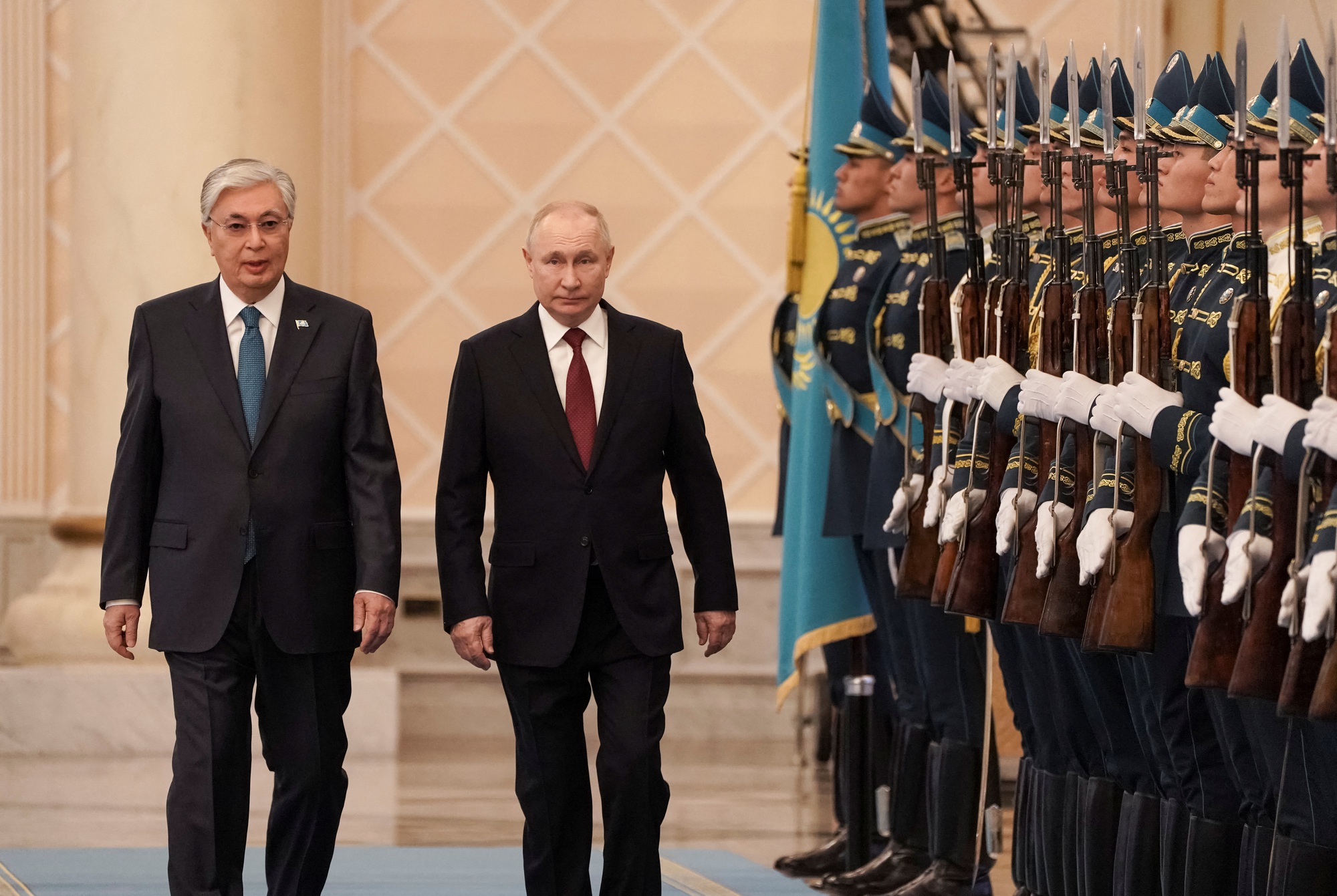
Russian President Vladimir Putin and Kazakh President Kassym-Jomart Tokayev (left) at the official welcoming ceremony on November 9.
Russia has long had a dominant influence in this region. But since the conflict in Ukraine broke out as well as the context of fierce confrontation with the US, EU, NATO and other Western countries, Russia's interest and influence in the region is no longer what it used to be. Countries in the region are looking for new allies and partners while external partners have favorable opportunities to build their own influence, competing with Russia and each other in this region.
The conflict between Hamas and Israel in the Middle East as well as the latest developments between Armenia and Azerbaijan regarding the Nagorno-Karabakh region also significantly contribute to the strong increase in the geostrategic position of the Central Asian region.
Russia, Iran, Türkiye, the EU and the US all have a strong and practical strategic interest in preventing Central Asia from becoming a new hotbed of insecurity and instability amid the ongoing war in Ukraine, uncertainty in the Middle East and the unresolved discord between Armenia and Azerbaijan. Therefore, no matter how much they compete for influence, these partners will be forced to cooperate to prevent the region from becoming insecure and unstable.
Source link


![[Photo] Prime Minister Pham Minh Chinh receives delegation of leaders of US universities](https://vstatic.vietnam.vn/vietnam/resource/IMAGE/2025/3/31/8be7f6be90624512b385fd1690124eaa)
![[Photo] Speeding up construction of Ring Road 3 and Bien Hoa-Vung Tau Expressway](https://vstatic.vietnam.vn/vietnam/resource/IMAGE/2025/3/31/f1431fbe7d604caba041f84a718ccef7)
![[Photo] 2nd Conference of the Party Executive Committee of Central Party Agencies](https://vstatic.vietnam.vn/vietnam/resource/IMAGE/2025/3/31/8f85b88962b34701ac511682b09b1e0d)
![[Photo] General Secretary To Lam receives US Ambassador to Vietnam Marc E. Knapper](https://vstatic.vietnam.vn/vietnam/resource/IMAGE/2025/3/31/5ee45ded5fd548a685618a0b67c42970)


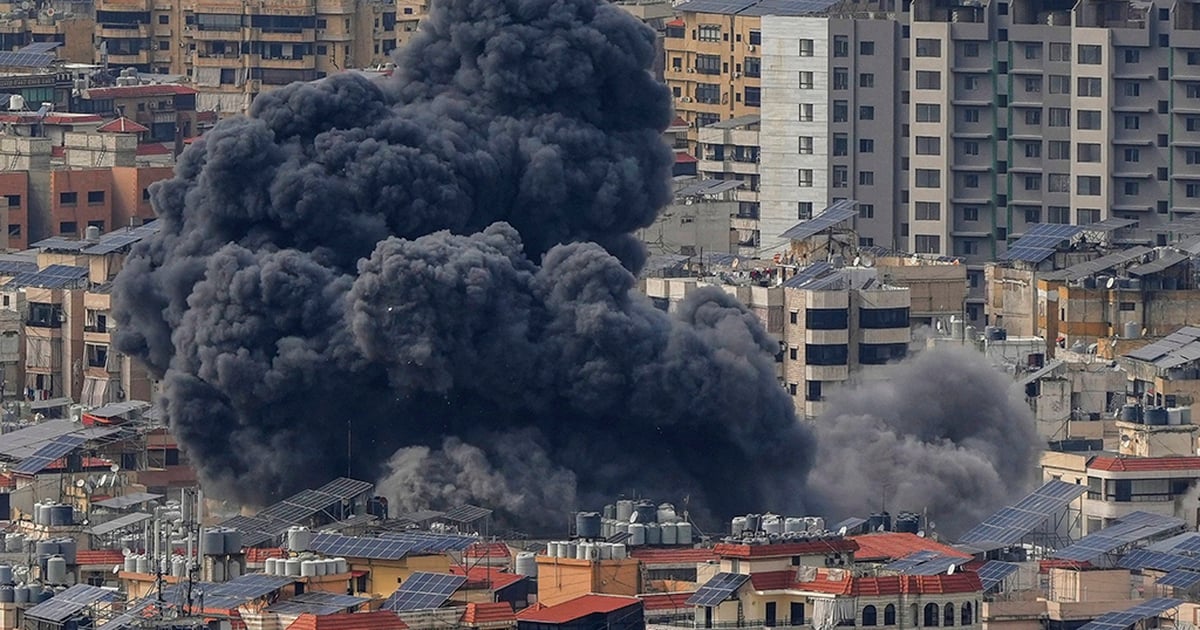
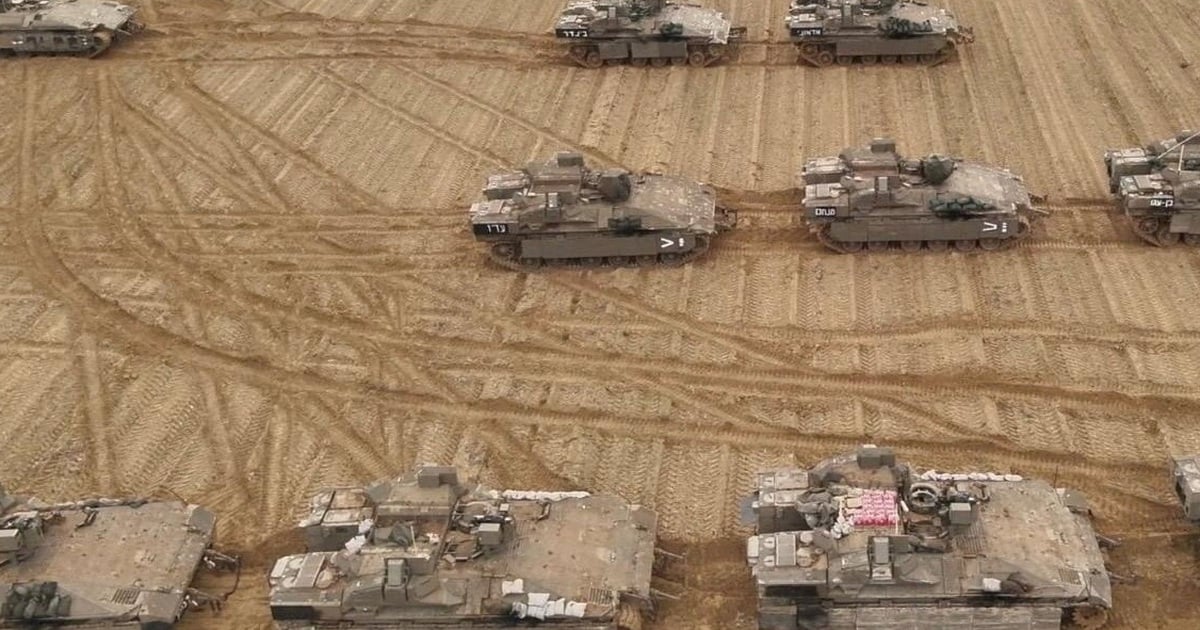
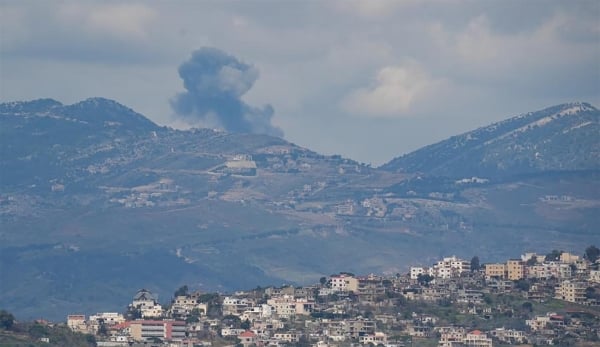

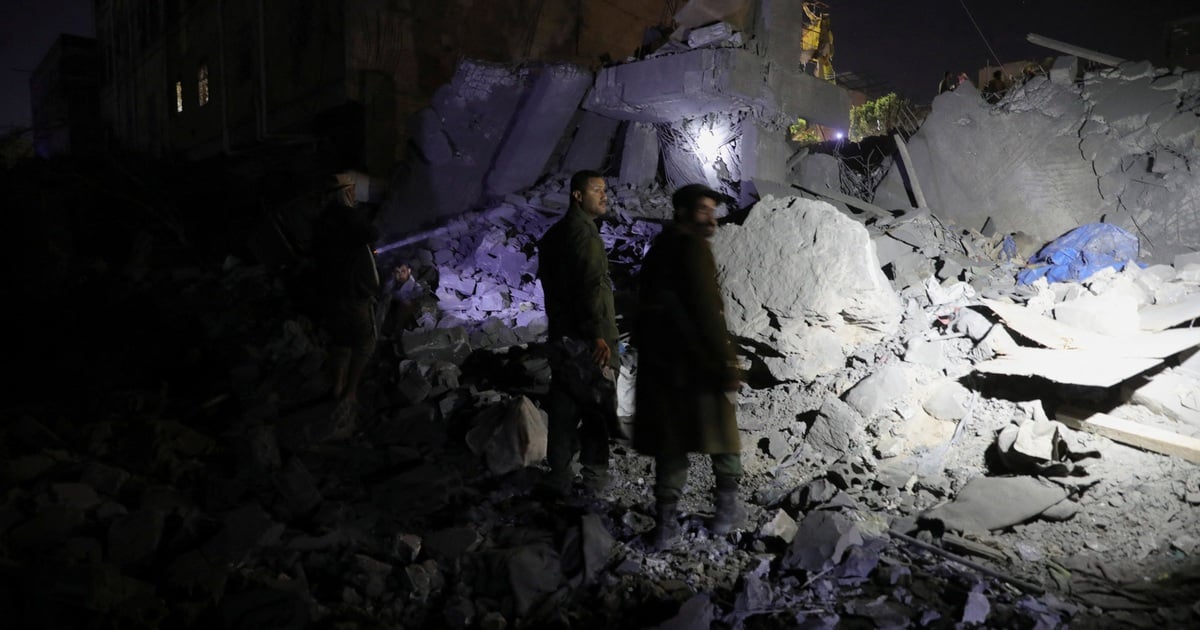
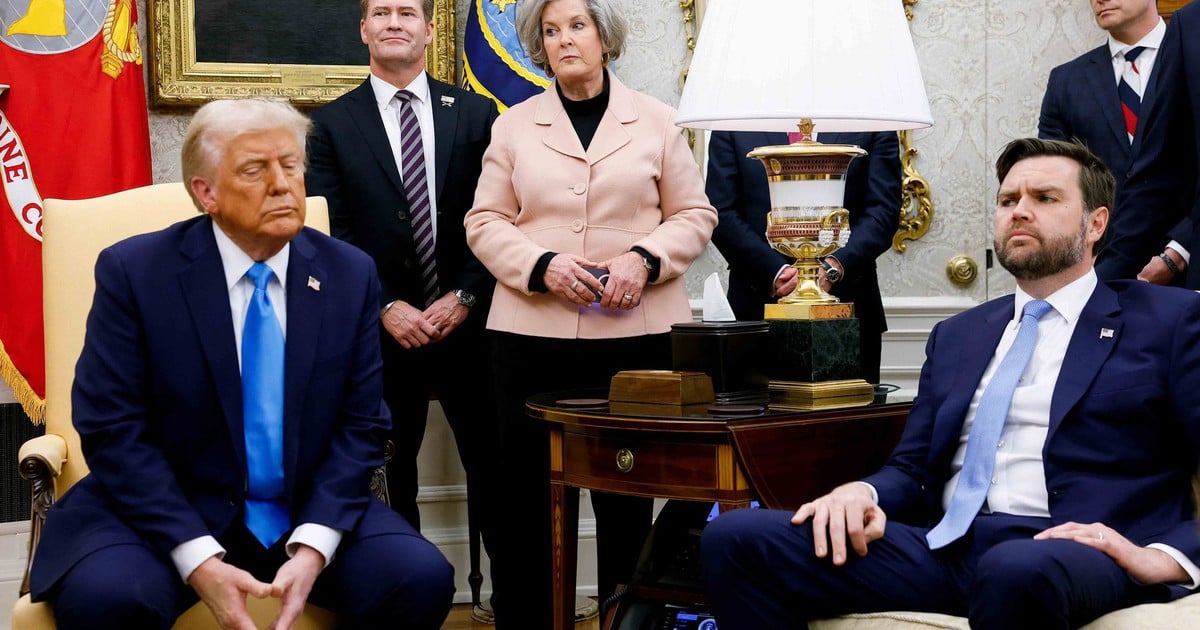
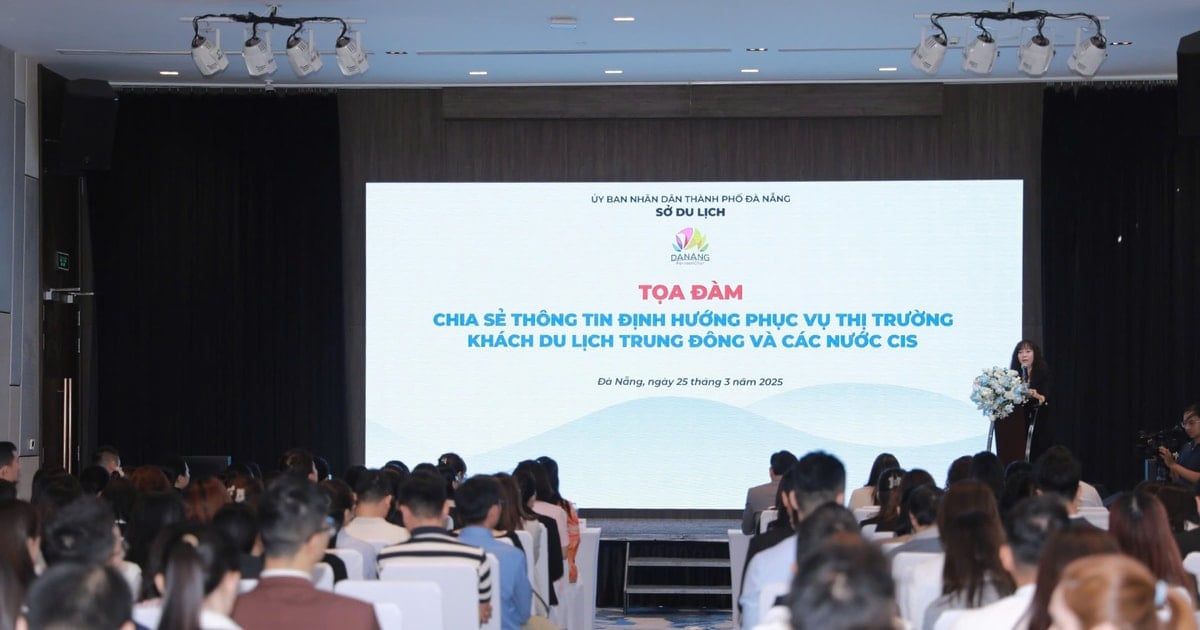

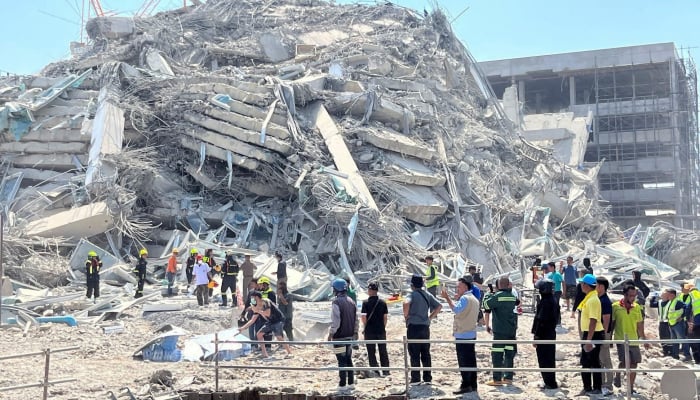
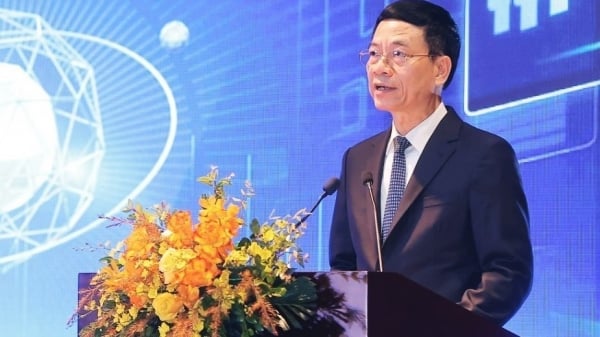
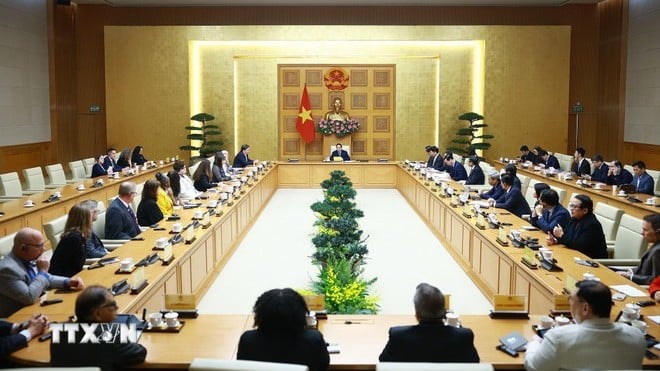

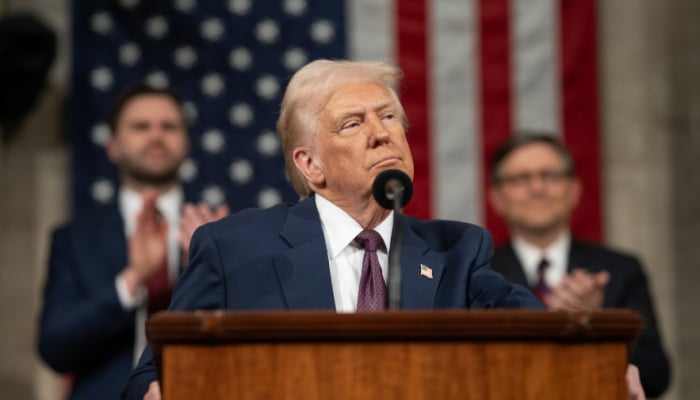
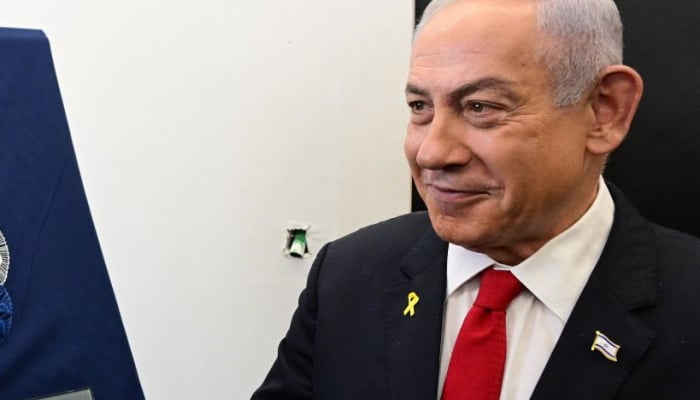





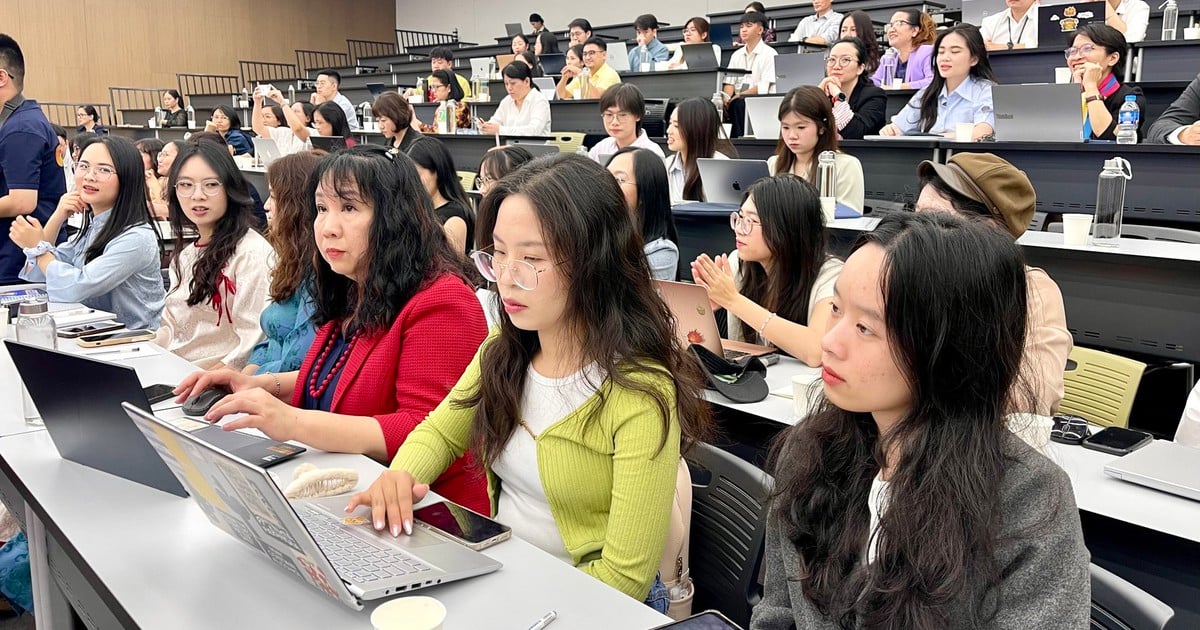
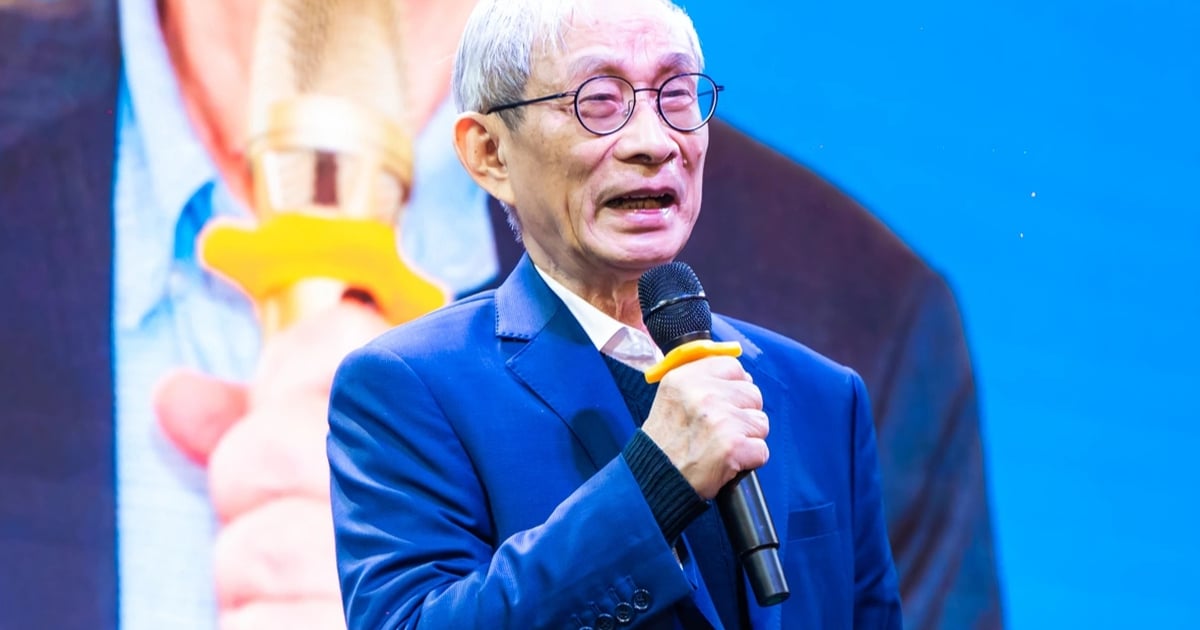
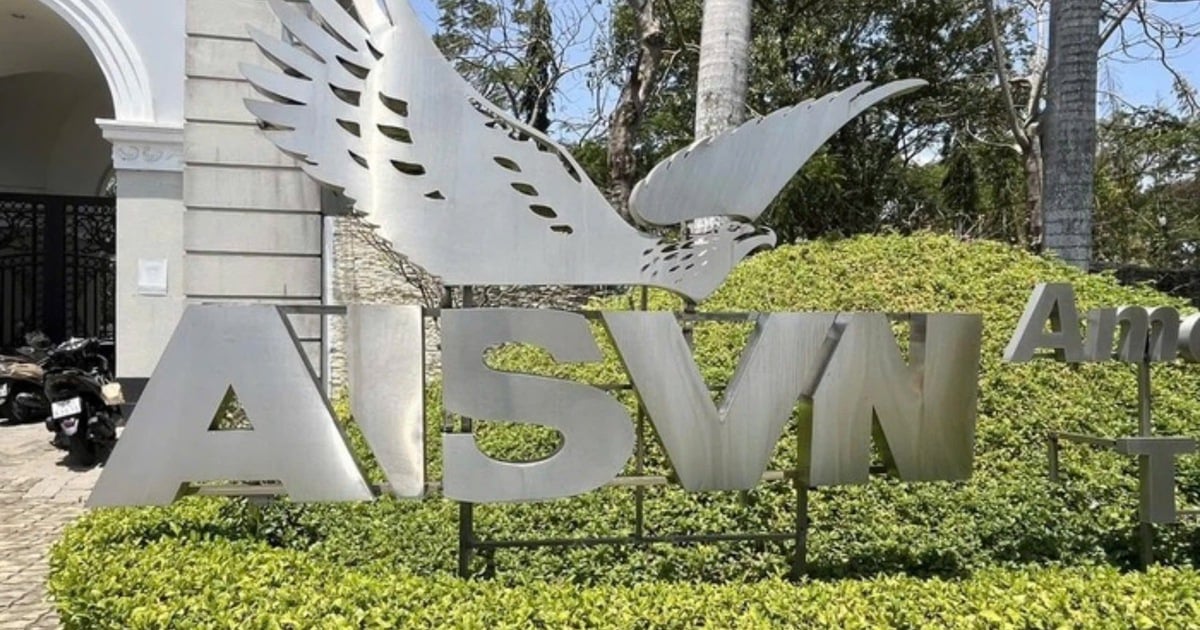


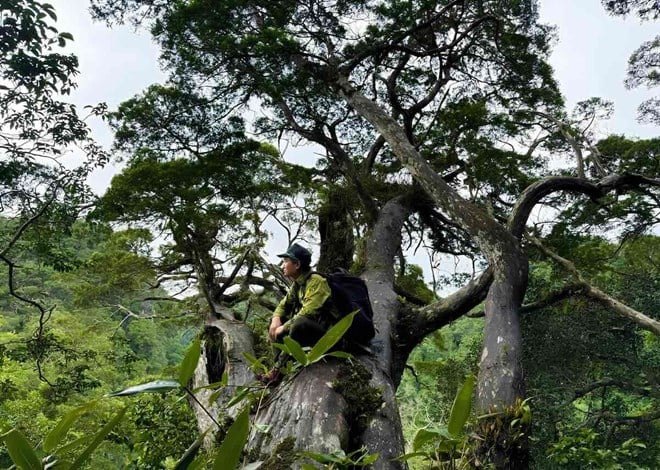










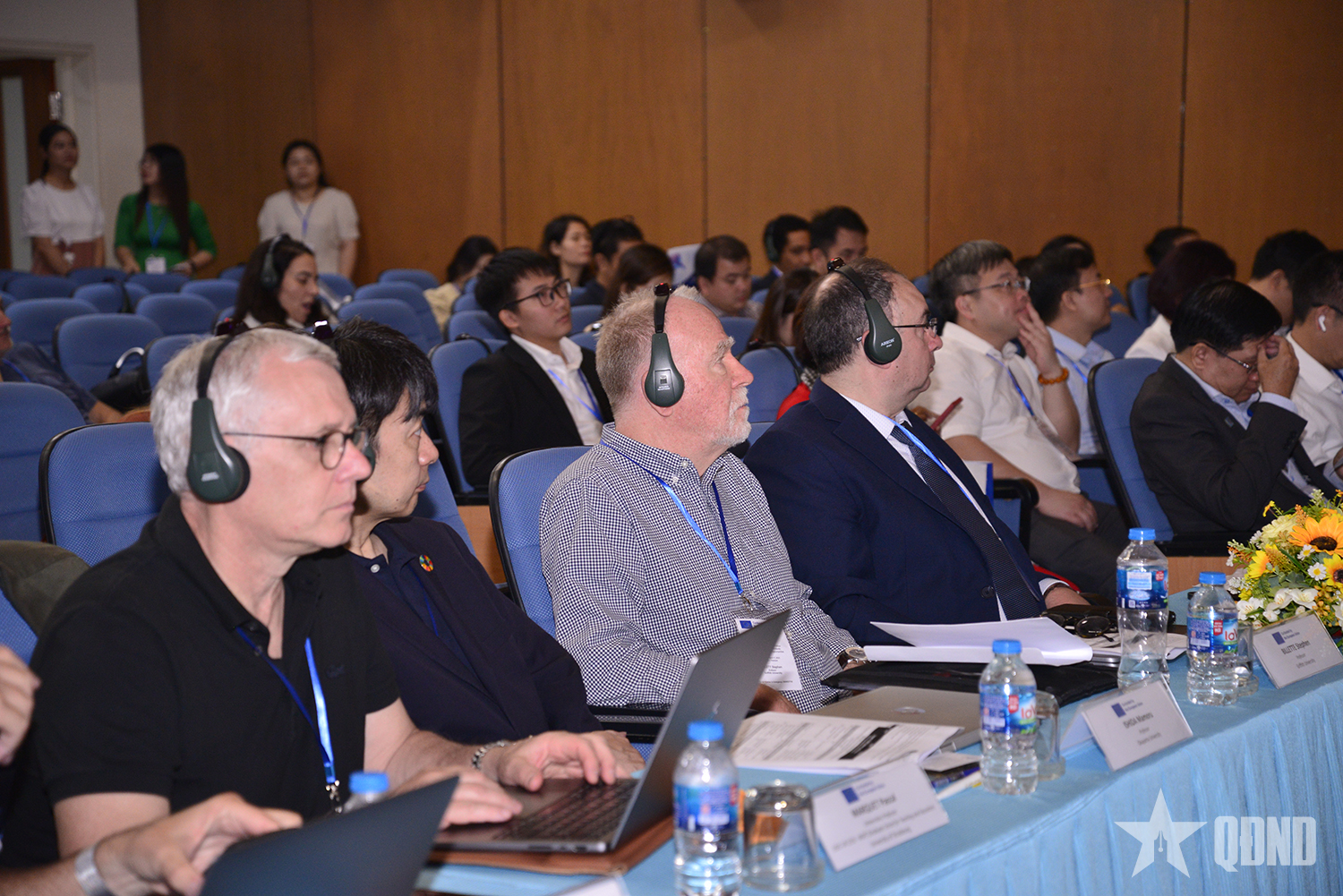

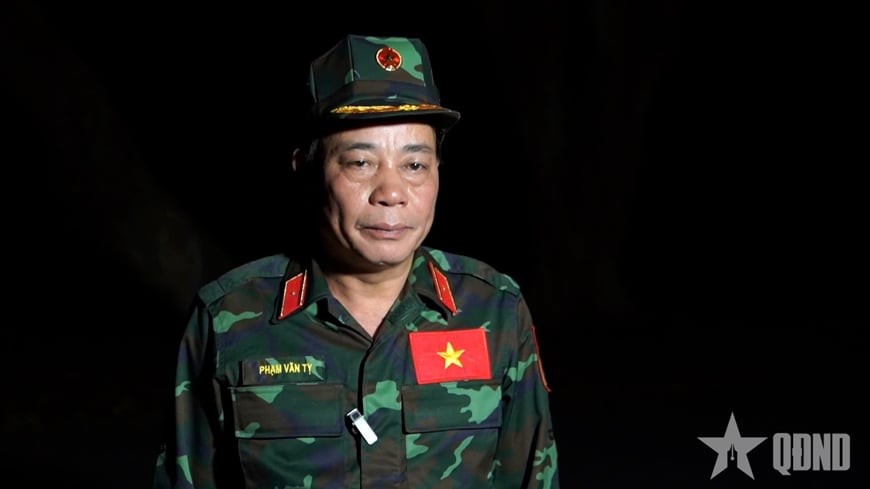


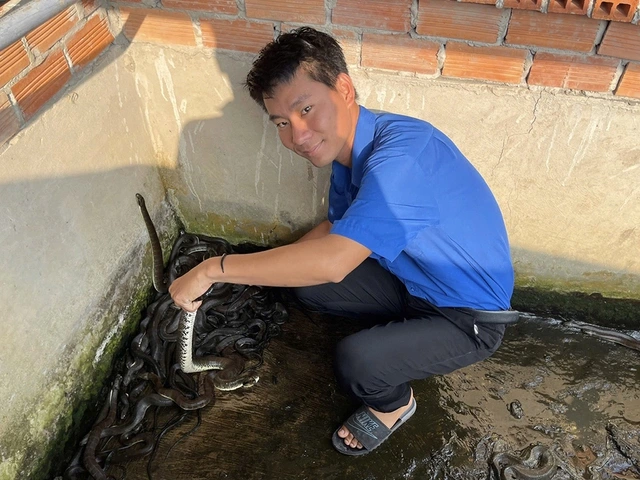


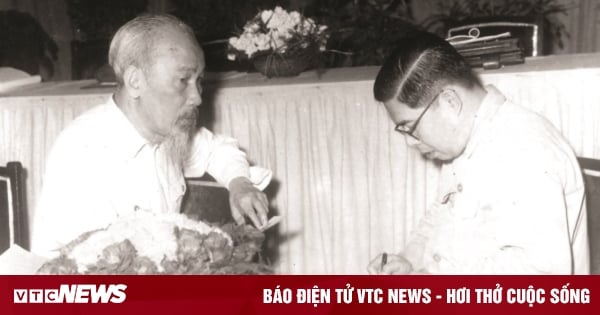










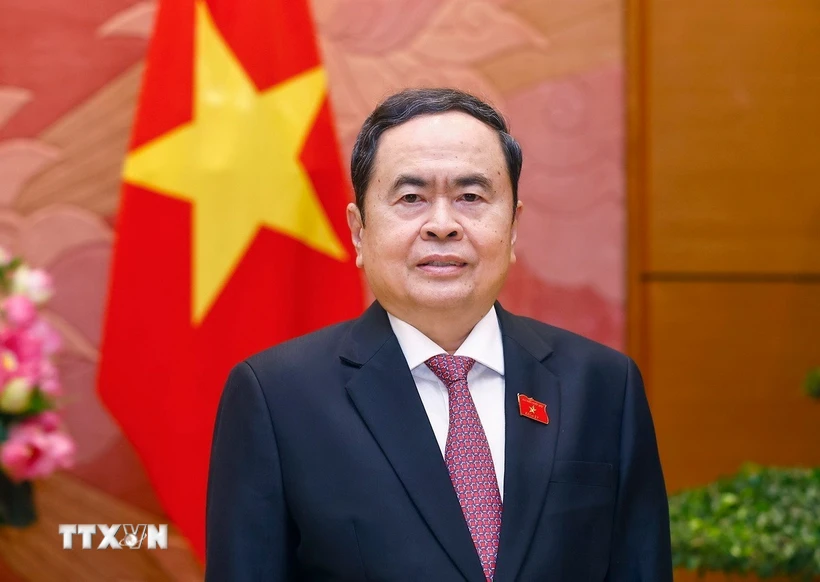

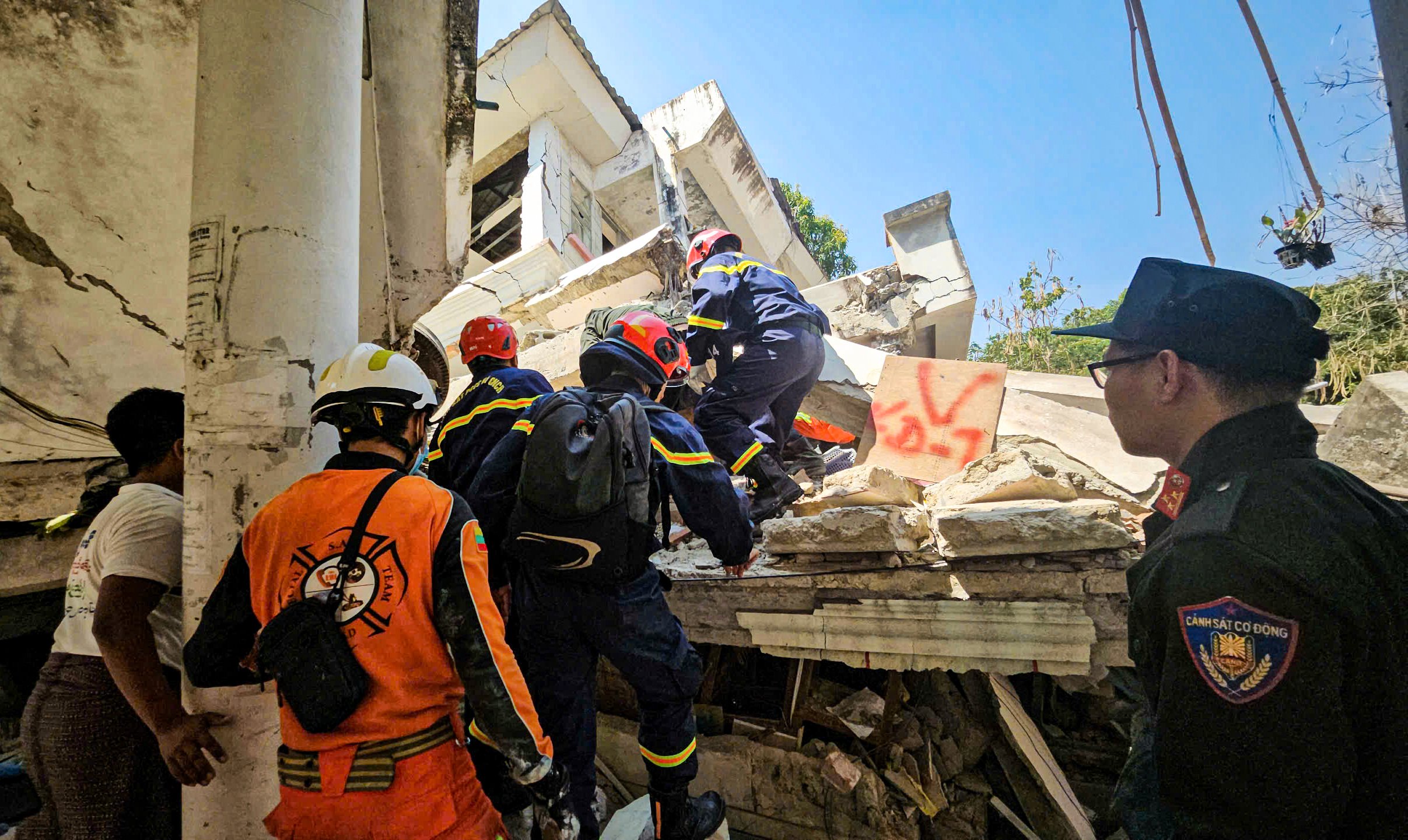
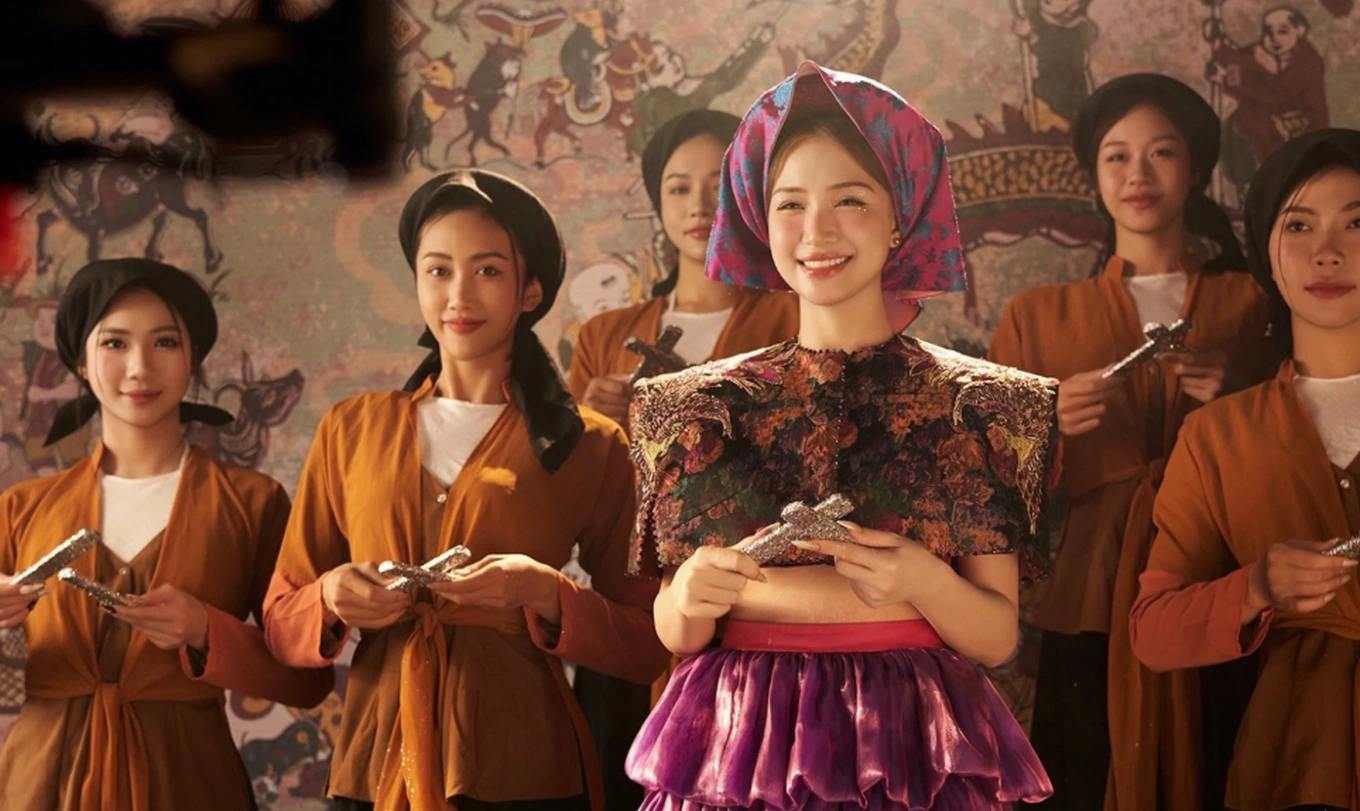
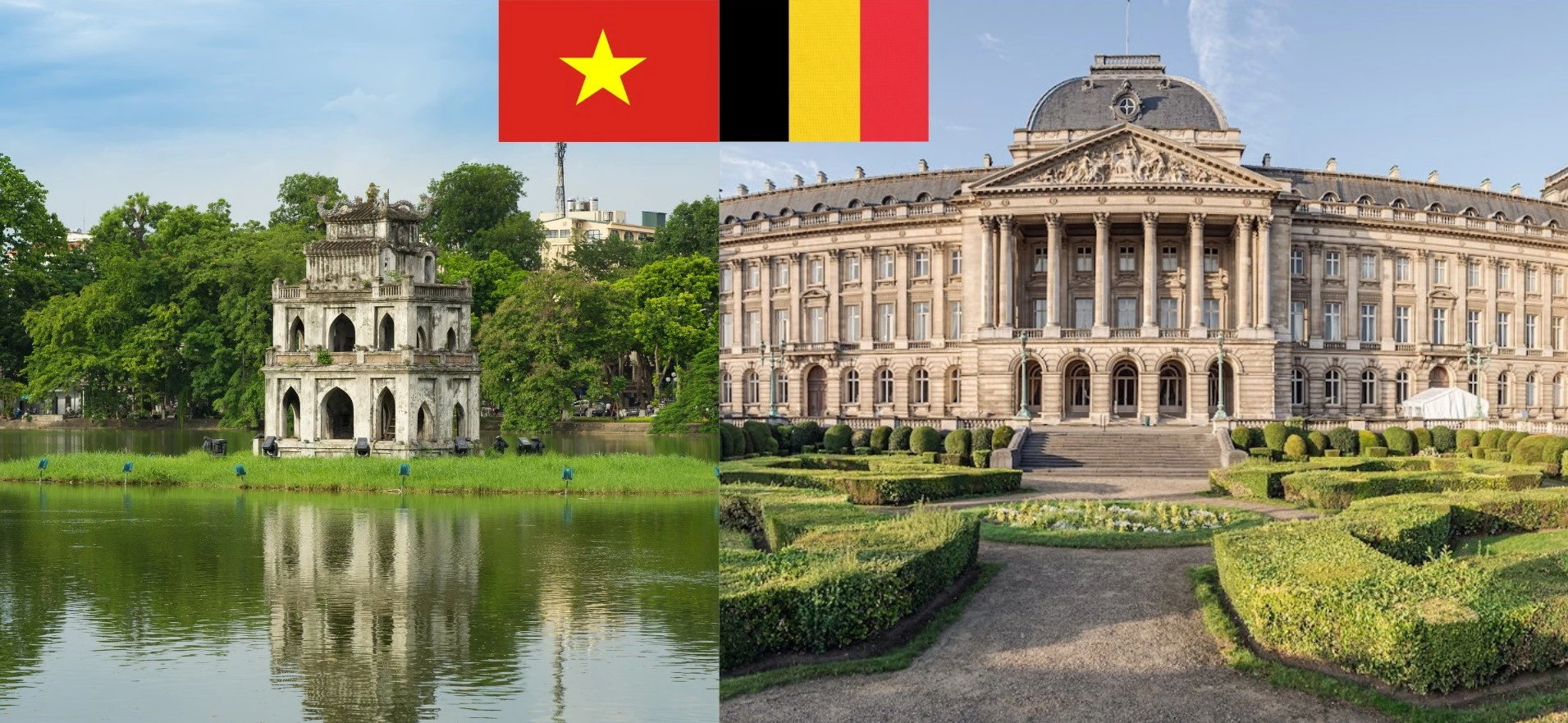


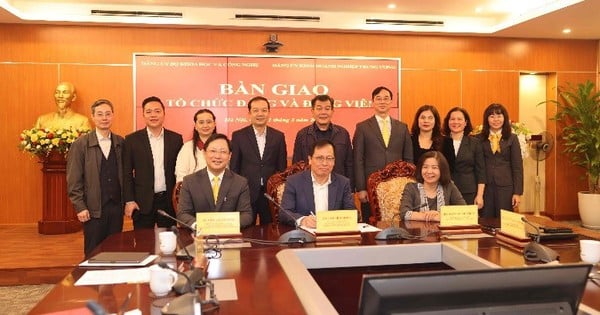

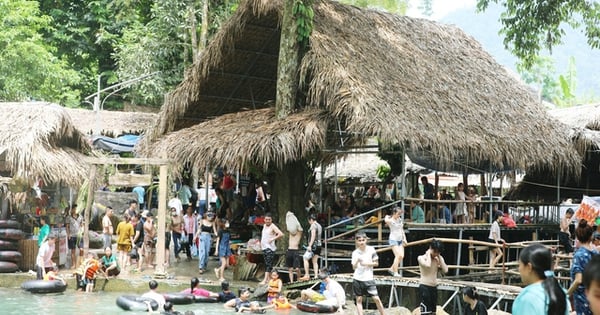

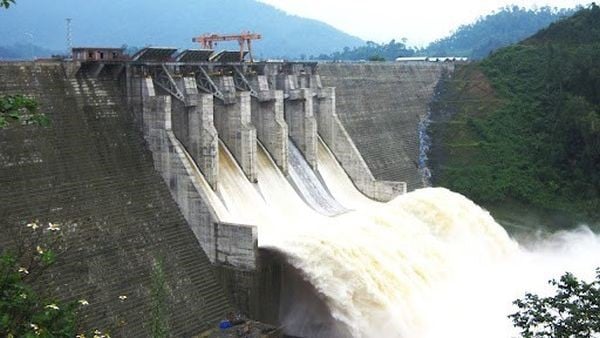

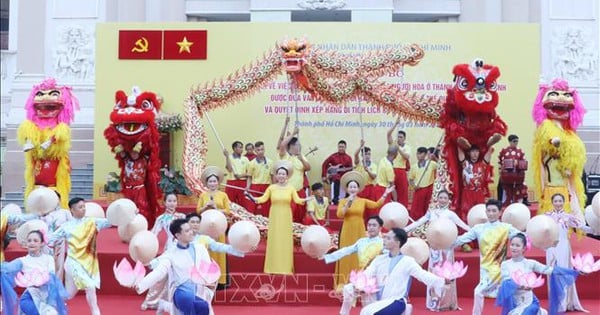


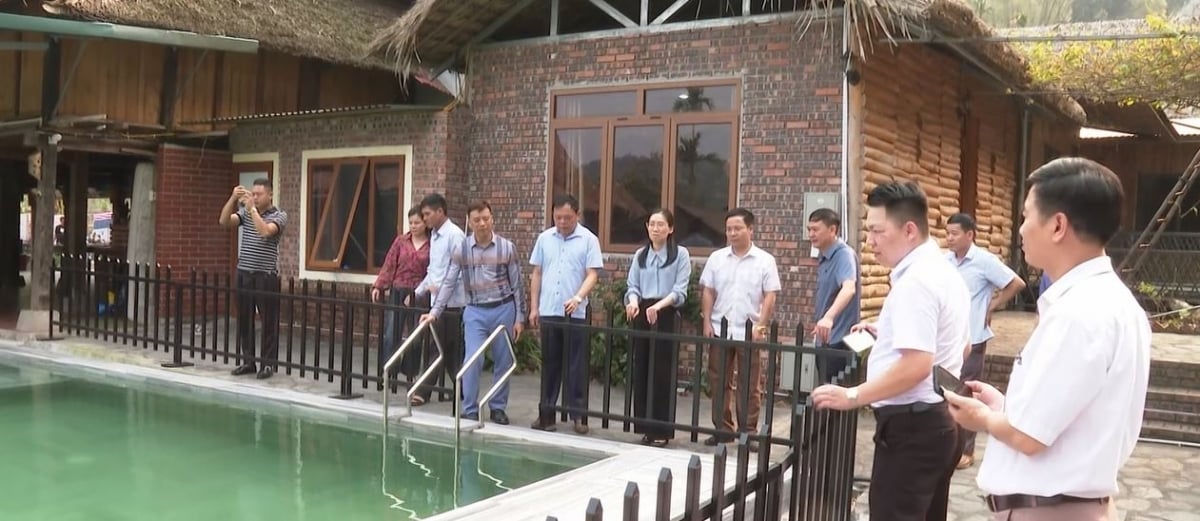

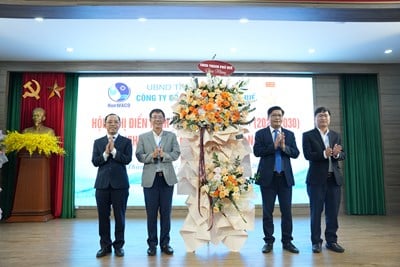
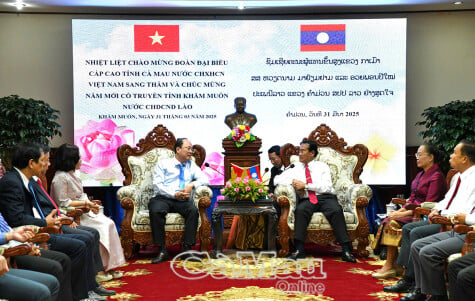
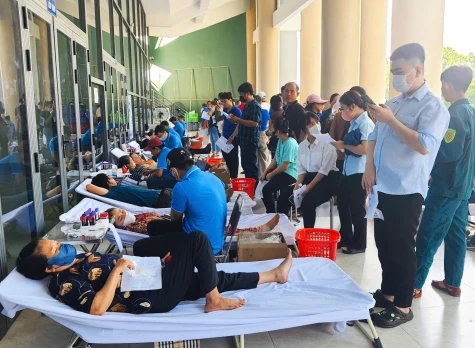

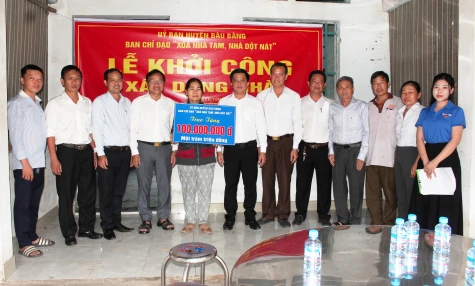
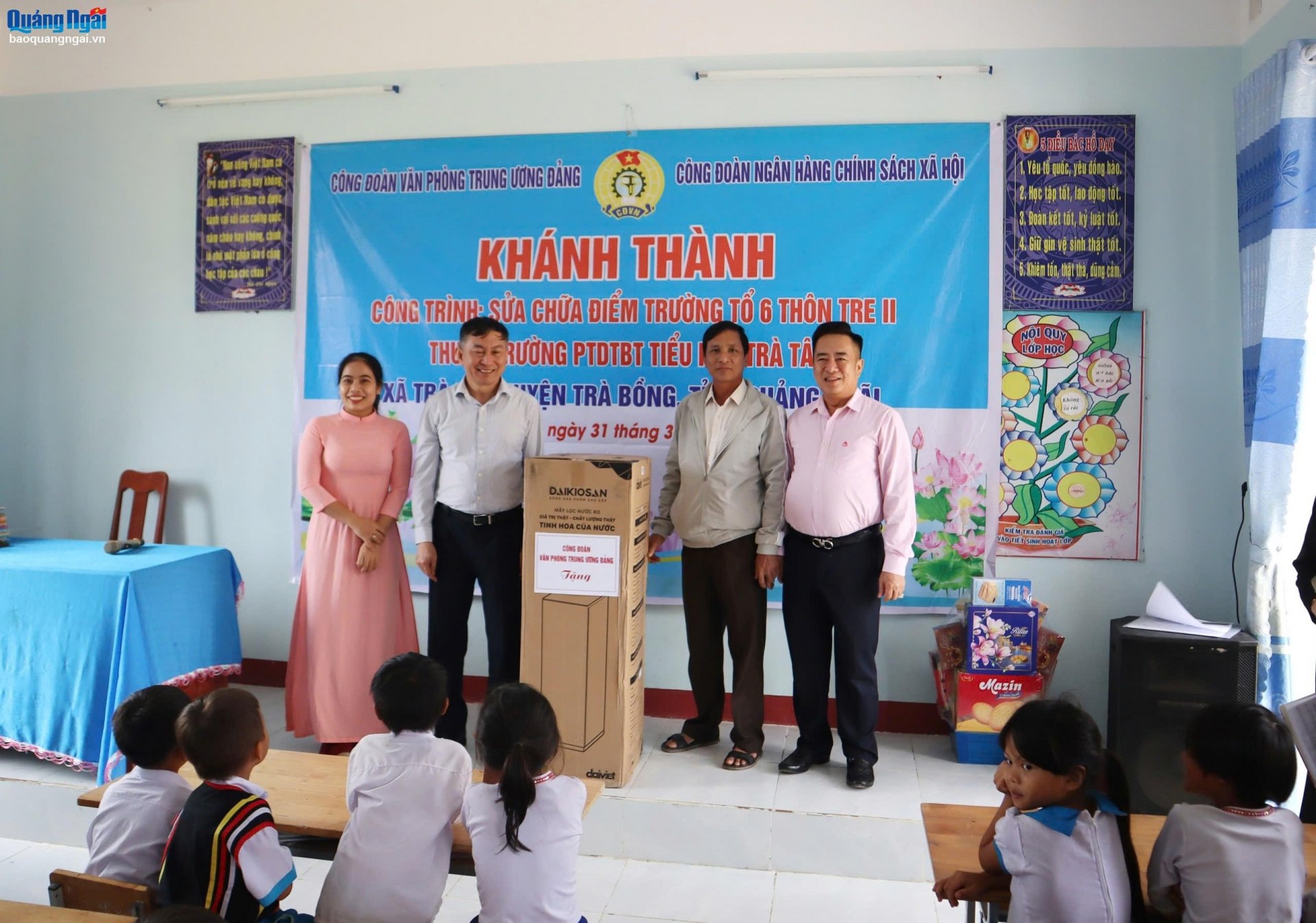











![[REVIEW OCOP] An Lanh Huong Vet Yen Cat](https://vstatic.vietnam.vn/vietnam/resource/IMAGE/2025/3/27/c25032328e9a47be9991d5be7c0cad8c)

Comment (0)